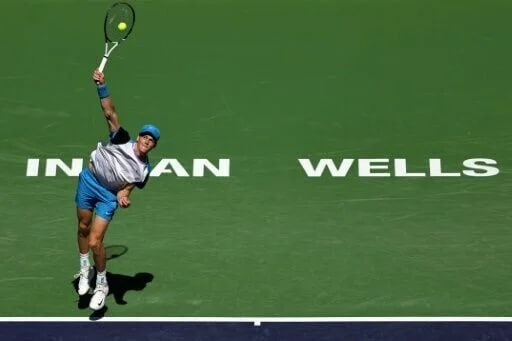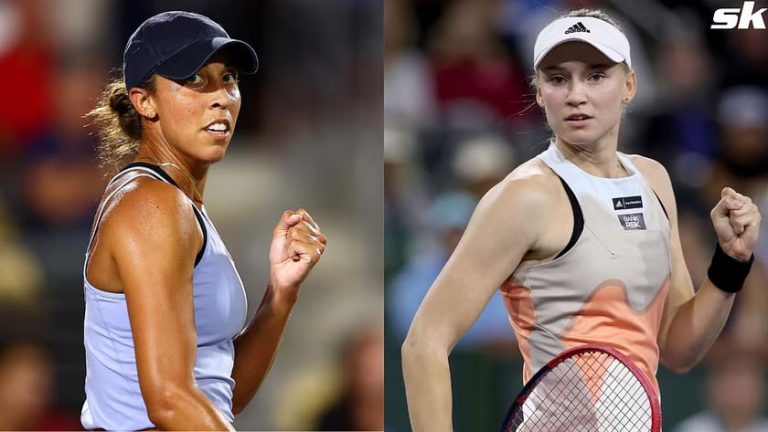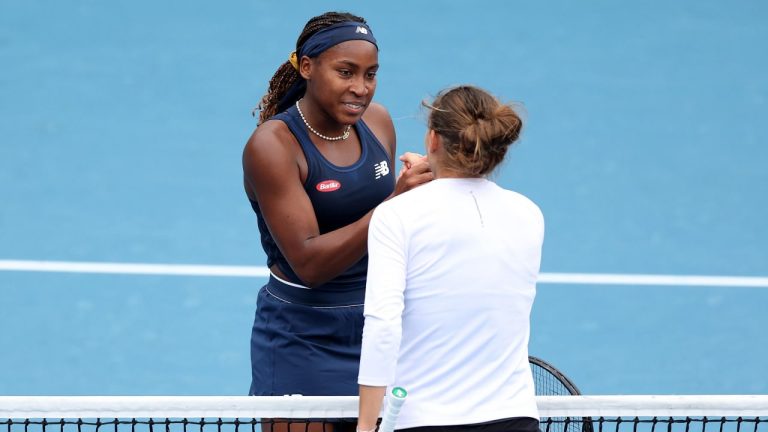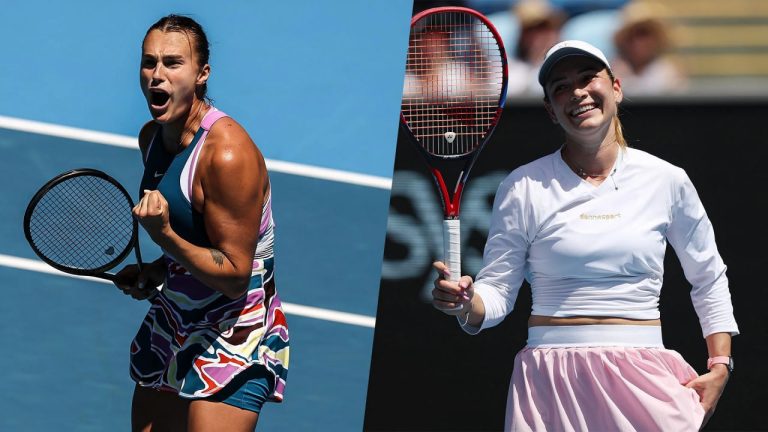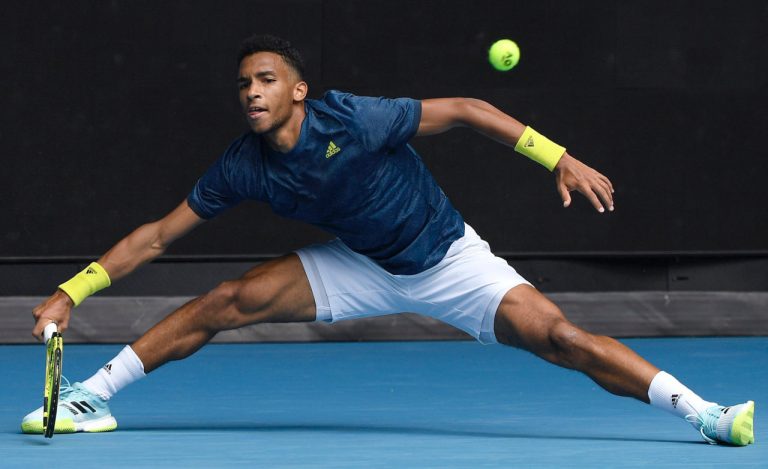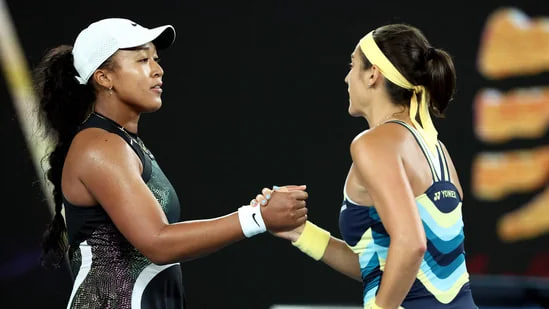Novak Djokovic supports the expanded Australian Open’s new schedule
John McEnroe, aged 64, has criticized the Australian Open’s decision to extend the tournament by an additional day, labeling it a “money grab.” In contrast, Novak Djokovic, 36, and other players are optimistic that the change will address the issue of late-night matches dragging into the early morning hours.
The decision to transition the Melbourne Park major into a 15-day tournament, starting on a Sunday for the first time in its 119-year history, was announced by organizers in October. This move aligns with a similar decision made by the French Open in 2006, although the US Open and Wimbledon continue to be 14-day tournaments.
While the French Open aimed to enhance exposure, particularly on TV, the Australian Open organizers stated that their decision was primarily driven by concerns for player welfare. Data indicated that matches were lasting longer, prompting the need for the extra day on the schedule.
This adjustment allows Rod Laver Arena and Margaret Court Arena to accommodate two matches instead of three during the day session, ensuring that there is no spillover into the evening session. Djokovic and other players are hopeful that this change will prevent matches from extending into the early morning hours, addressing concerns related to player fatigue and scheduling.
Defending champion Djokovic, also the founder of the Professional Tennis Players Association, expressed his curiosity about the impact of the Australian Open’s schedule changes. Addressing reporters on Saturday, Djokovic noted the motivation behind commencing the tournament on a Sunday, a practice already observed at Roland Garros.
He conveyed optimism that starting on Sunday would aid in efficiently managing the schedule during the tournament’s busy opening week. Djokovic anticipates that this adjustment will contribute to organizing matches more effectively, particularly given the challenge of concluding numerous matches within the allocated time.
“I guess that’s one of the motives behind starting on Sunday,” he remarked. “Obviously there are other Slams that start on Sunday. Roland Garros starts on Sunday, as well. That’s going to help, I’m sure, get some matches out of the way, reorganize the schedule better in the opening week which is always very busy with a lot of matches on the schedule that need to be finished in a proper time. Let’s see if that works out.”
Andy Murray, a five-time finalist, also expressed support for the schedule change, emphasizing its potential to reduce the likelihood of late-night matches on Rod Laver Arena. Murray referenced his own experience with one of the latest-ever finishes at the Grand Slam, highlighting that the alteration would likely mitigate issues arising from the transition between day and night sessions.
World number one in women’s tennis, Iga Swiatek, expressed support for the transition to a 15-day tournament, stating that it makes sense from a scheduling perspective. Swiatek emphasized that the change is primarily noticeable on the first day, after which the tournament reverts to its regular schedule. In her view, the adjustment will facilitate the earlier completion of matches.
“I think schedule-wise it’s going to be a little bit easier for the tournament to finish matches earlier,” Swiatek remarked. “At the end, it’s just the first day, then the tournament goes back to normal after these Sunday matches. People have two days off, then it goes back to normal. It doesn’t really matter.”
Aside from the potential scheduling benefits, the additional day also holds financial significance for organizers. Seeking to recover from a reported net loss of over A$100 million ($66.85 million) in 2020-21 due to the COVID-19 pandemic, the tournament organizers view the extended schedule as a means to boost revenue.
However, seven-times major champion John McEnroe expressed a contrasting opinion, dismissing the change as a “money grab.” In a conference call, McEnroe stated his disagreement with the decision, characterizing it as a way for organizers to generate additional revenue. He acknowledged the possibility of the change being acceptable if players received financial benefits, such as contributions to pensions or insurance for those without coverage, but asserted that such arrangements did not seem to be in place, drawing a parallel with a similar situation at the French Open.


